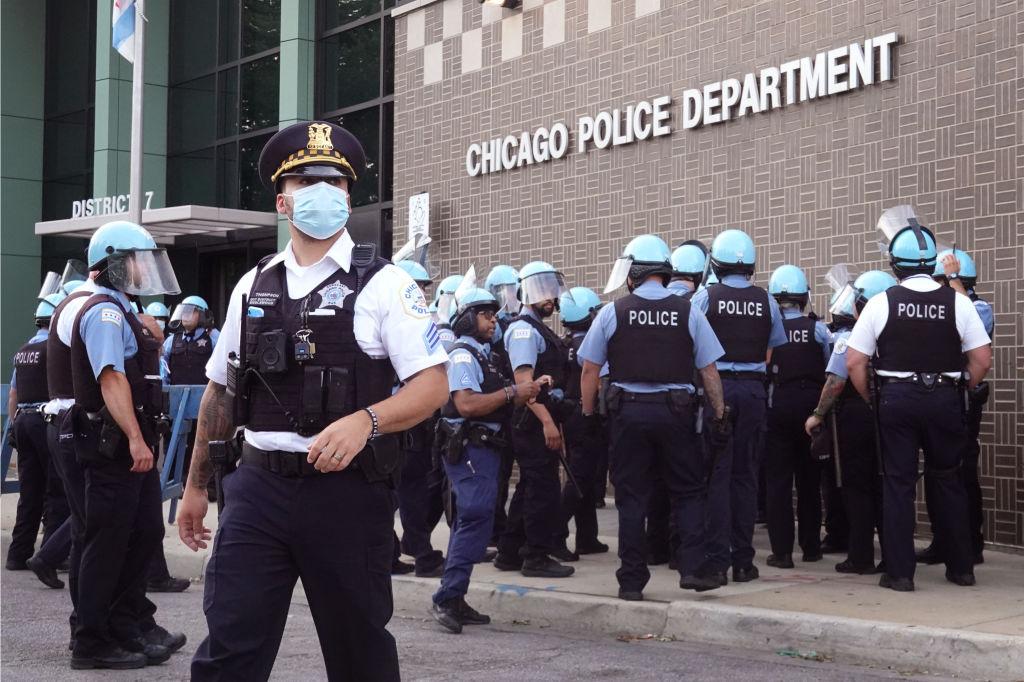CHICAGO—The Chicago police force is once again being called on to return to working 12-hour shifts, with days off canceled for the Father’s Day weekend. Chicago Police Sergeants’ Association President Jim Calvino said the prolonged working hours harm police officers and make it hard for them to do well both at work and at home.
“They all came on the job, knowing they’d be working long days and on our days off sometimes, but continually doing it on an almost permanent basis—it’s a recipe for disaster,” Calvino told The Epoch Times.





